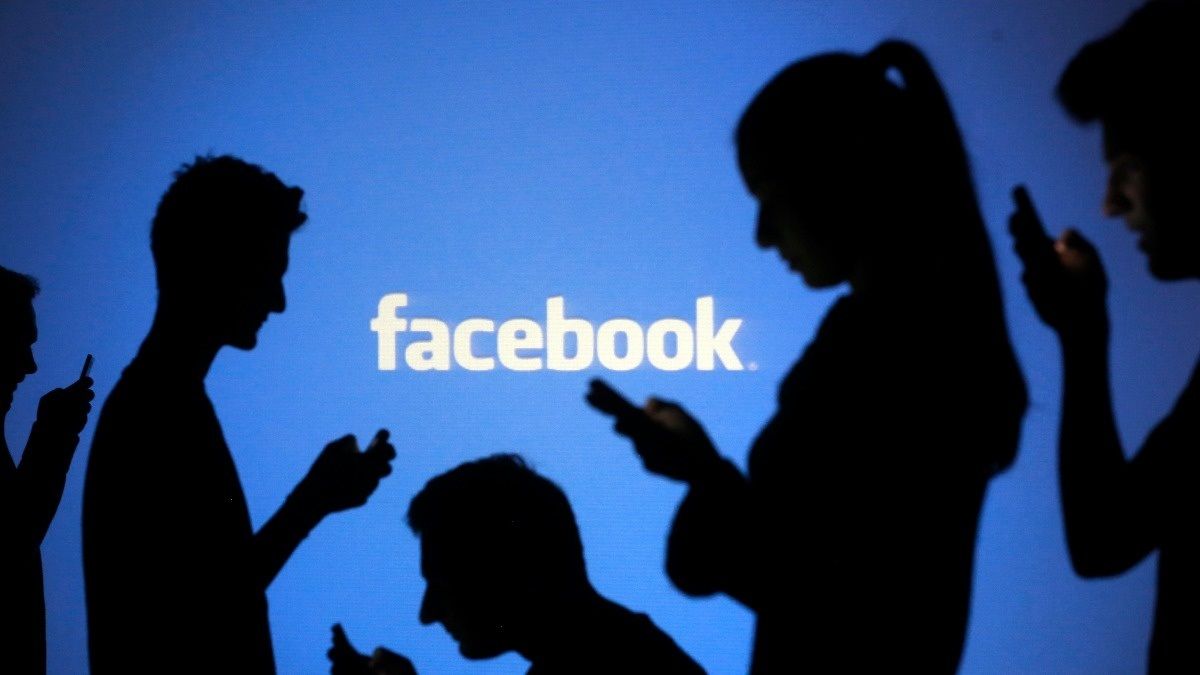
The data analytics firm that worked with Donald Trump’s election team and the winning Brexit campaign harvested millions of Facebook profiles of U.S. voters, in the tech giant’s biggest ever data breach, and used them to build a powerful software program to predict and influence choices at the ballot box.
A whistleblower has revealed to the Observer how Cambridge Analytica – a company owned by the hedge fund billionaire Robert Mercer, and headed at the time by Trump’s key adviser Steve Bannon – used personal information taken without authorization in early 2014 to build a system that could profile individual U.S. voters, in order to target them with personalized political advertisements, according to The Guardian.
Christopher Wylie, who worked with an academic at Cambridge University to obtain the data, told the Observer: “We exploited Facebook to harvest millions of people’s profiles. And built models to exploit what we knew about them and target their inner demons. That was the basis that the entire company was built on.”
Read alsoRussian propaganda undermining trust in any information source, researcher saysThe data was collected through an app called thisisyourdigitallife, built by academic Aleksandr Kogan separately from his work at Cambridge University. The man had received grants from the Russian government to research Facebook users’ emotional states. Through his company Global Science Research (GSR), in collaboration with Cambridge Analytica, hundreds of thousands of users were paid to take a personality test and agreed to have their data collected for academic use.
However, the app also collected the information of the test-takers’ Facebook friends, leading to the accumulation of a data pool tens of millions-strong. Facebook’s “platform policy” allowed only collection of friends data to improve user experience in the app and barred it being sold on or used for advertising.
The discovery of the unprecedented data harvesting, and the use to which it was put, raises urgent new questions about Facebook’s role in targeting voters in the U.S. presidential election.
Read alsoFacebook massively blocking accounts of Ukrainian critics of Russian aggressionCambridge Analytica spent nearly $1 million on data collection, which yielded more than 50 million individual profiles that could be matched to electoral rolls. It then used the test results and Facebook data to build an algorithm that could analyze individual Facebook profiles and determine personality traits linked to voting behavior.
The algorithm and database together made a powerful political tool. It allowed a campaign to identify possible swing voters and craft messages more likely to resonate.
At the time, more than 50 million profiles represented around a third of active North American Facebook users, and nearly a quarter of potential U.S. voters.

